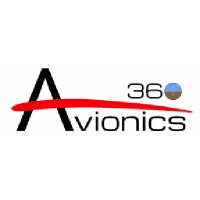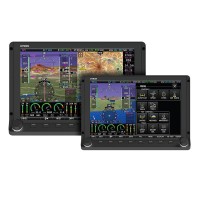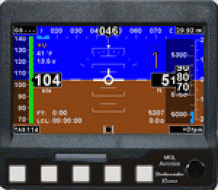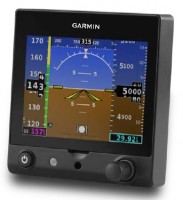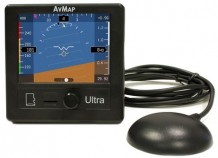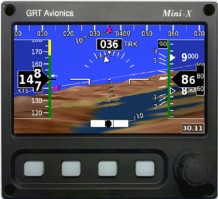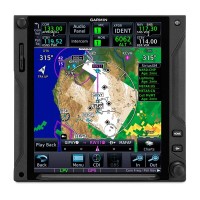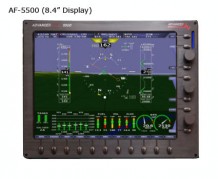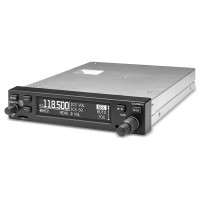SAME DAY SHIPPING ON ORDERS PLACED BY 4 PM | 877-4-SPRUCE
Miniuni Electronic Flight Instrument System 2-1/4 Non TSO
$780.00/Each
Part# 11-18994
MFR Model# MINIUNI2(G)
MFR Model# MINIUNI2(G)
Overview
MiniUni 2.25” is an Electronic Flight Instrument System (EFIS) for fixed wing experimental airplanes. This compact and cost-effective instrument delivers exceptional performance and offers a variety of features such as:
|
WARNING: Cancer and Reproductive Harm - www.P65Warnings.ca.gov. |
Features
- Precise altitude pressure, airspeed, gyroscope and accelerometer sensors
- -speed vertical reference strip provides speed warnings at all times during the flight based on V-speeds pre-defined by user.
- GPS based track and ground speed formation is available on the display for additional situational awareness.
- Outside Air Temperature (OAT) sensor is optional and, if purchased, the instrument will display outside air temperature, as well as True Airspeed Speed (TAS).
- Instrument can be connected to an external compass module to provide GPS independent heading indication for these cases where GPS signal may be unavailable.
- Sunlight readable transflective technology 2.25” display is easily readable under various light conditions, including direct sunlight.
- Built-in rotary knob is used for all unit operation including easy adjustment of barometric pressure, heading bug adjustment, unit configuration via built-in settings menu. Post-flight analysis features:
- Built-in flight data recorder allows to record various flight parameters every predefined time interval. Flight data later can be exported using Mini SD Card to PC computer for further review.
- Google Earth file format for export is also available. This format allows to review complete airplane flightpath and altitude on the Google Earth maps.
Specifications
- Input voltage: +10V to +28V DC
- Unit size: 68mm x 68mm x 81mm
- Weight: 150g
- Display size: 2.25” diagonal
- Display resolution: 320x240 pixels (Sun readable transflective technology)
- Receiver: GPS receiver high sensitive Ublox
- Maximum IAS: 250 Knots
- Altitude range: -1000ft to +32000ft
- Vertical speed range: 10000ft up or down
- Pitot/Roll range: 360 degrees
- SD Card: 4Gb FAT formatted (supported up to 16Gb)
- Antenna: mag mount GPS with male SMA connector
- Pitot/Static lines: 1/8”-27 NPT
- Manufacturer: 360 Avionics Corp.
Q&A
Please note, Aircraft Spruce's personnel are not certified aircraft mechanics and can only provide general support and ideas, which should not be relied upon or implemented in lieu of consulting an A&P or other qualified technician. Aircraft Spruce assumes no responsibility or liability for any issue or problem which may arise from any repair, modification or other work done from this knowledge base. Any product eligibility information provided here is based on general application guides and we recommend always referring to your specific aircraft parts manual, the parts manufacturer or consulting with a qualified mechanic.


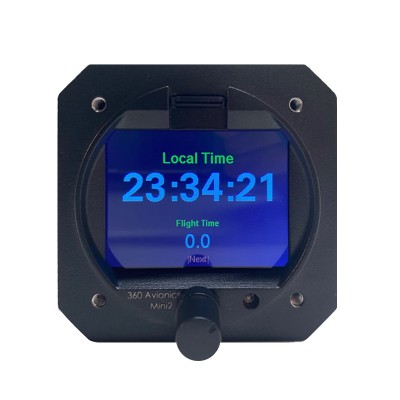
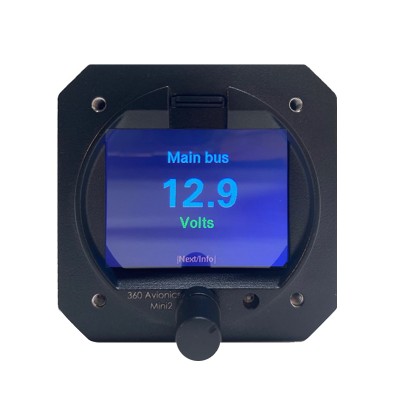
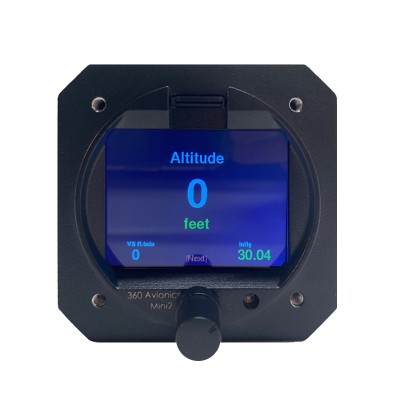
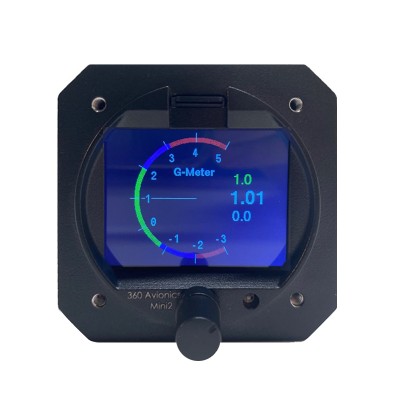
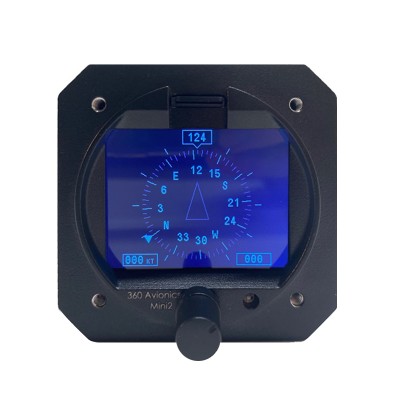
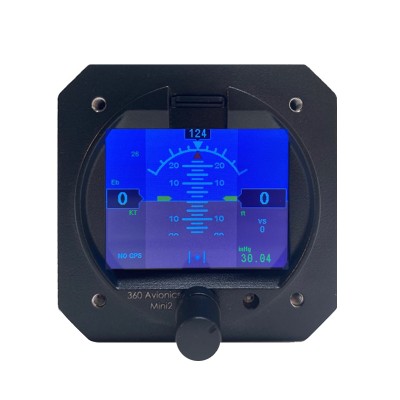
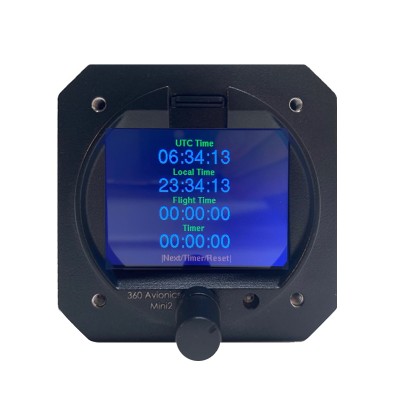
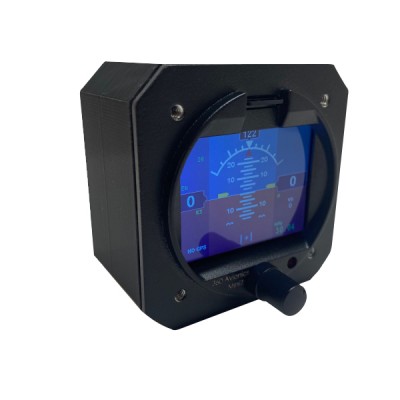













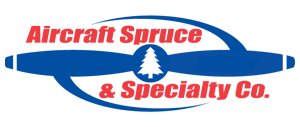 FREE Shipping
FREE Shipping
